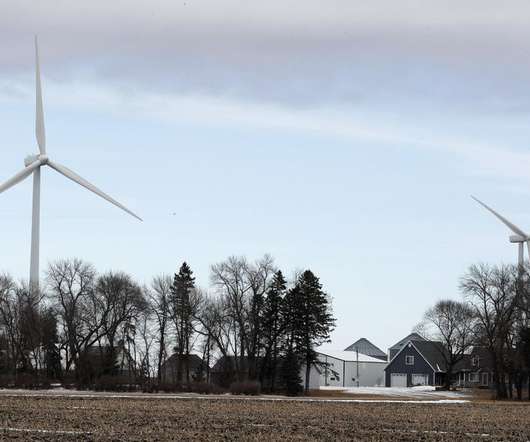Conservation group opposing Thacker Pass lithium mine seeks endangered status for Kings River pyrg (snail)
Green Car Congress
SEPTEMBER 13, 2022
The pyrg is only known to live in 13 small isolated springs around Thacker Pass in Humboldt County, an area where Canada-based Lithium Americas plans to develop a lithium mine. Thacker Pass is the largest known lithium resource in the United States. Kings River pyrg ( Pyrgulopsis imperialis ) on substrate pebble (Photo: Lynne Buckner).































Let's personalize your content